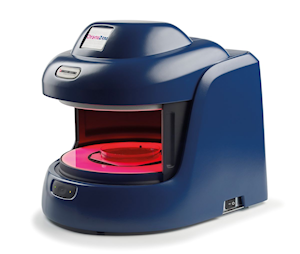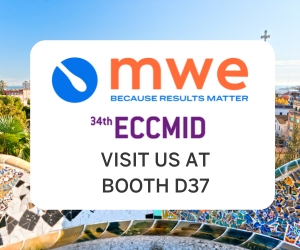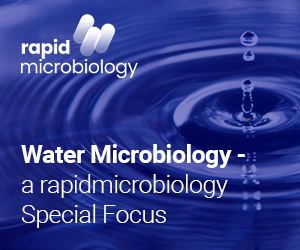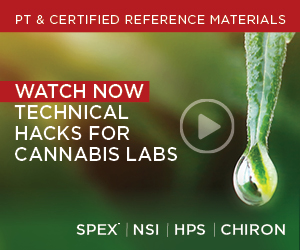InnovaPrep Launches ...
Hygiena Expands Test...
27th September 2017 Content supplied by: Synbiotics Corporation
Automated ID of Coliforms on ISO 9308-1 Chromogenic Media
 Synbiosis Chromogenic ID software for use with Synbiosis colony counters now has a new validated module for automatic identification of bacteria cultured on Liofilchem and Merck ISO 9308-1 compliant chromogenic media. Using this upgraded software allows microbiologists to precisely identify a range of coliforms in drinking water and disinfected pool water.
Synbiosis Chromogenic ID software for use with Synbiosis colony counters now has a new validated module for automatic identification of bacteria cultured on Liofilchem and Merck ISO 9308-1 compliant chromogenic media. Using this upgraded software allows microbiologists to precisely identify a range of coliforms in drinking water and disinfected pool water.
The new Chromogenic ID software module for use with Synbiosis ChromoZona, ProtoCOL 3, and Protos 3 automated colony identification systems, guarantees that using these systems’ patent digital colour imaging technology microbiologists can generate true to life colour plate images of E.coli and coliforms cultured on Liofilchem Chromatic™ Coliform Agar ISO and Merck’s Chromocult® Coliform Agar.
By analysing the plate images, the Chromogenic ID software can easily distinguish between purple/violet and salmon pink/red colonies, providing quick identification of E. coli, Klebsiella spp., Enterobacter spp. and Citrobacter spp. on these ISO® 9308-1 compliant chromogenic plates. This reduces misidentification, providing consistent data no matter when or which microbiologist is reading the plate.
The plate images can then be stored in a secure SQL database for cross checking if necessary, and means the software is ideally suited for use in quality accredited testing laboratories.
To find out more about this exciting new Chromogenic ID Media Software Module scientists can click the link: www.synbiosis.com
Tags:
Date Published: 27th September 2017
Source article link: View
InnovaPrep Launches New Generation Concentrating
Hygiena Expands Testing Portfolio to







